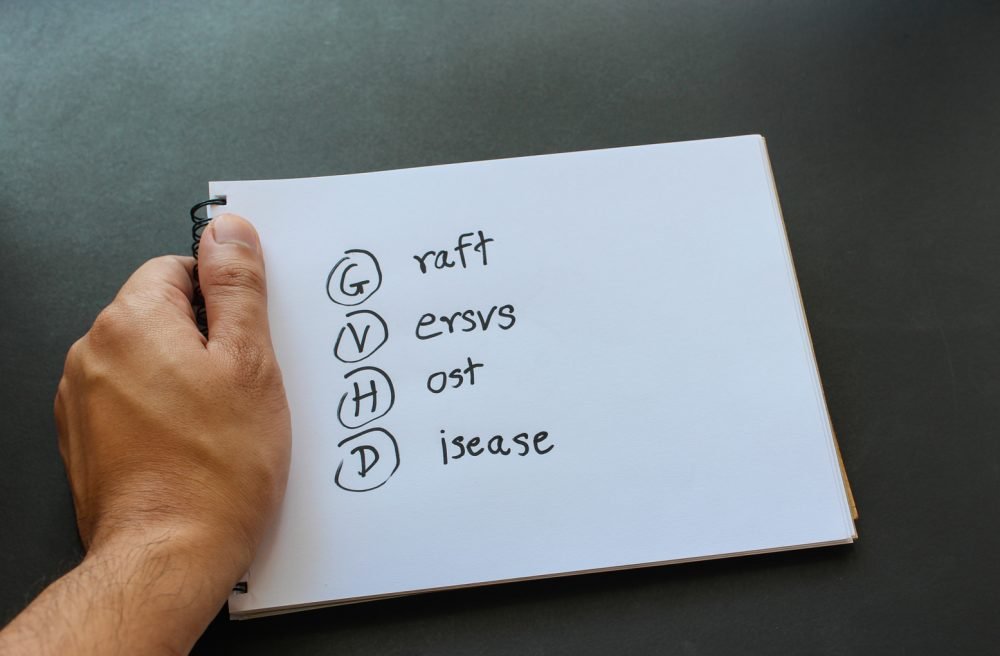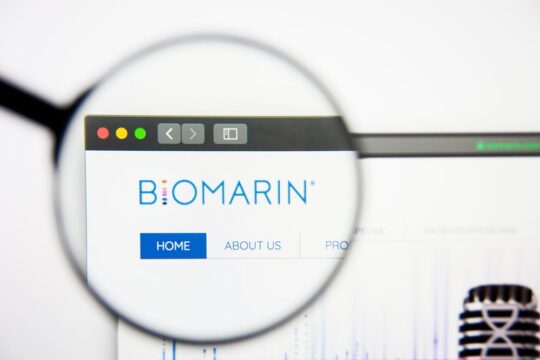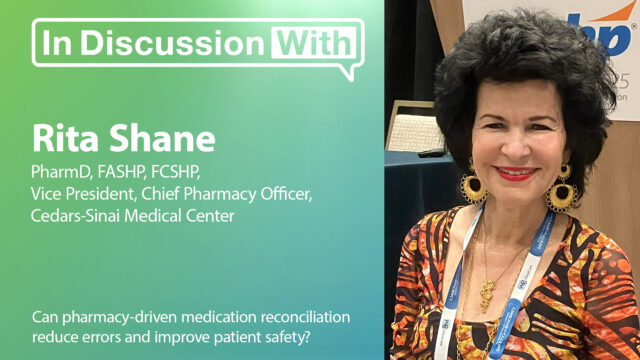Incyte announces FDA approval of Jakafi for treatment of chronic graft-versus-host disease

Incyte has announced that the FDA has approved Jakafi (ruxolitinib) for treatment of chronic graft-versus-host disease (GVHD) after failure of one or two lines of systemic therapy in adult and pediatric patients 12 years and older.
“GVHD is the leading cause of morbidity and mortality in patients following an allogeneic stem cell transplant, yet there historically have been limited treatment options available beyond first-line systemic therapies,” stated Steven Stein, M.D., Chief Medical Officer, Incyte. “Incyte is proud to have contributed to the overall scientific understanding of GVHD through our REACH program, which has led to important treatment advances on behalf of patients and the medical community, including today’s approval of Jakafi for certain people who develop chronic GVHD.”
The FDA approval was based on the REACH3 study, a Phase III, randomized, open-label, multicenter study of Jakafi in comparison to best available therapy (BAT) for treatment of steroid-refractory chronic GVHD after allogeneic stem cell transplantation. The primary endpoint of overall response rate (ORR) at Week 24 (i.e., Cycle 7 Day 1) was 49.7% for Jakafi compared to 25.6% for BAT (P<0.0001)1. Furthermore, the ORR through Cycle 7 Day 1 was 70% for Jakafi compared to 57% for BAT2. The most common hematologic adverse reactions (incidence greater than 35%) were anemia and thrombocytopenia. The most common nonhematologic adverse reactions (incidence greater than 20%) were infections (pathogen not specified) and viral infection. Full results from the REACH3 study were published in the New England Journal of Medicine (NEJM) (cited in earlier news item).
Jakafi’s supplemental New Drug Application (sNDA) in chronic GHVD was reviewed under the FDA’s Priority Review program as well as the Project Orbis program, an initiative of the FDA Oncology Center of Excellence that provides a framework for concurrent submission and review of oncology drugs among its international partners. Participating countries for this application include Canada, Australia, Switzerland, Brazil and the United Kingdom..





